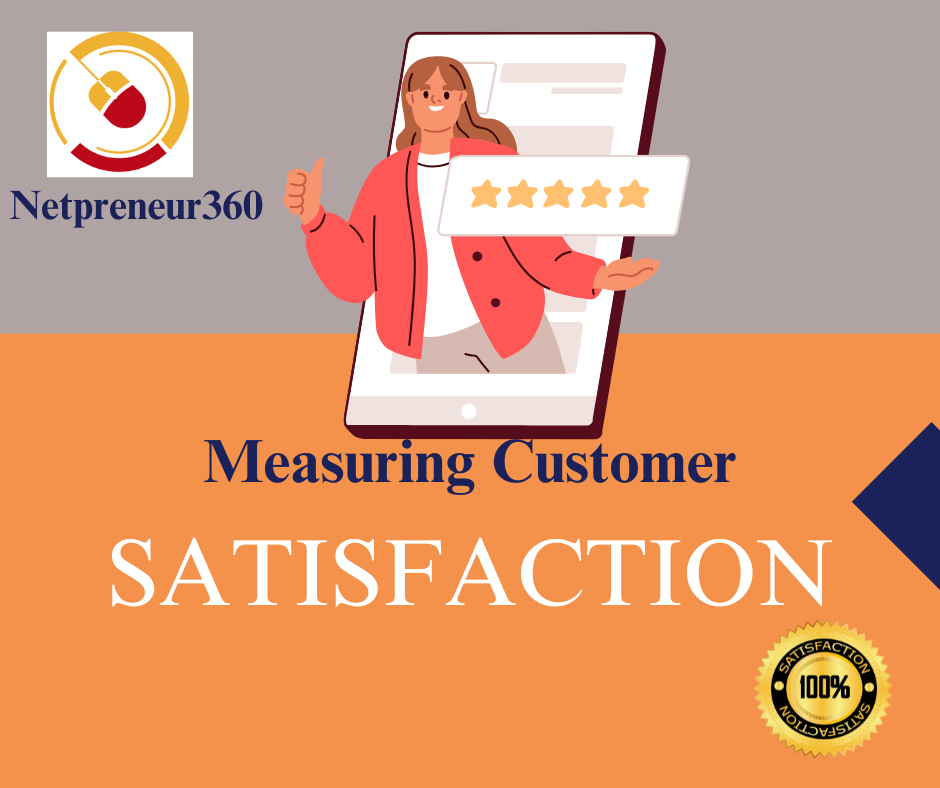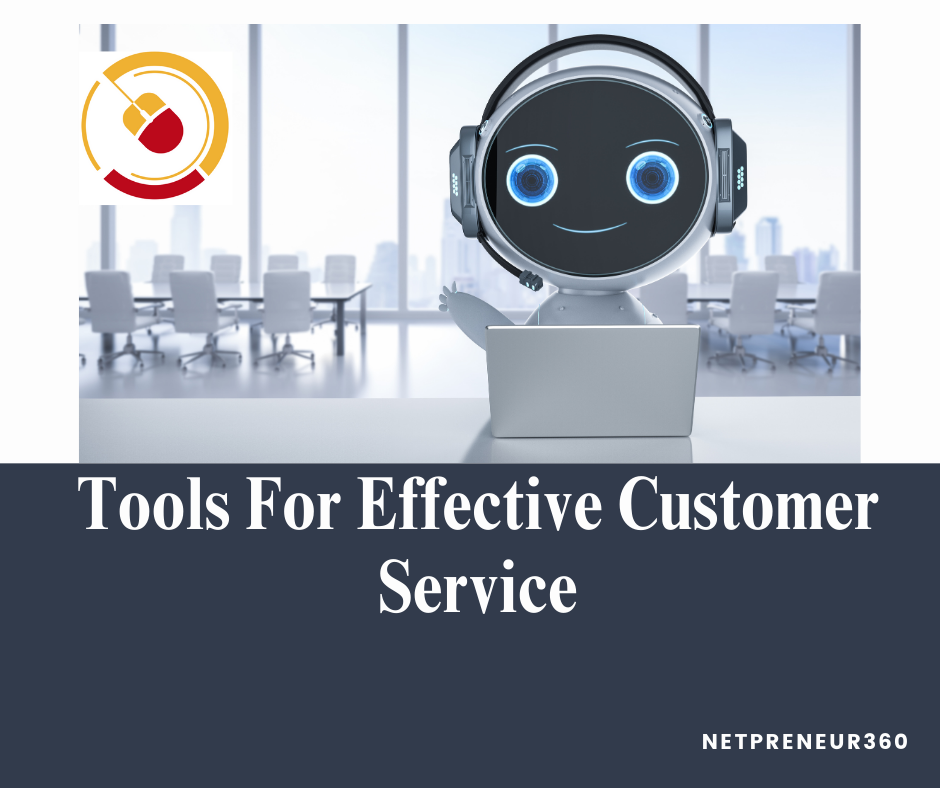Search Engine Optimization (SEO) is a critical component of content marketing that significantly impacts your content’s visibility and success. This post explores the relationship between SEO and content marketing and provides strategies for optimizing your content to achieve better results.
Why SEO Matters for Content Marketing
- Increased Visibility: SEO helps your content rank higher in search engine results, making it more likely to be discovered by your target audience.
- Organic Traffic: Effective SEO practices drive organic traffic to your content, reducing the need for paid advertising and increasing your content’s reach.
- Enhanced User Experience: SEO focuses on improving user experience by optimizing content for relevance, readability, and usability, leading to better engagement and retention.
Key SEO Elements for Content Marketing
- Keyword Research
- Identify Relevant Keywords: Conduct keyword research to identify terms and phrases that your target audience is searching for. Use tools like Google Keyword Planner or Ahrefs to find high-volume and low-competition keywords.
- Incorporate Keywords Strategically: Use keywords naturally throughout your content, including in titles, headings, and body text. Avoid keyword stuffing, which can negatively impact readability and SEO performance.
- On-Page Optimization
- Meta Tags: Optimize meta titles and descriptions to include relevant keywords and entice users to click through to your content. Ensure they accurately reflect the content and its value.
- Header Tags: Use header tags (H1, H2, H3, etc.) to structure your content and make it easier for search engines and users to navigate. Incorporate keywords in header tags where relevant.
- Internal Linking: Link to other relevant content on your website to improve navigation and help search engines understand the context and relevance of your content.
- Content Quality
- Create Valuable Content: Focus on providing
4o mini
Please continue generatingChatGPT
7. The Impact of SEO on Content Marketing Success (continued)
Content Quality
- Create Valuable Content: Focus on providing valuable, informative, and engaging content that addresses the needs and interests of your target audience. High-quality content is more likely to be shared, linked to, and ranked higher in search results.
- Length and Depth: Write comprehensive content that covers topics in-depth. Longer, well-researched articles often perform better in search engines and provide more value to readers.
- Readability: Ensure your content is easy to read and understand. Use clear language, short paragraphs, and bullet points to enhance readability and user experience.
- Technical SEO
- Page Speed: Optimize your website’s loading speed to improve user experience and search engine rankings. Use tools like Google PageSpeed Insights to identify and address performance issues.
- Mobile-Friendliness: Ensure your content is accessible and responsive on mobile devices. With the growing use of mobile search, a mobile-friendly website is crucial for SEO success.
- XML Sitemap: Create and submit an XML sitemap to search engines to help them crawl and index your content more efficiently.
- Off-Page SEO
- Backlinks: Build high-quality backlinks from reputable websites to enhance your content’s authority and credibility. Focus on earning links through valuable content, guest posts, and partnerships.
- Social Signals: Promote your content on social media to drive traffic and increase engagement. While social signals may not directly impact SEO, they can indirectly influence search engine rankings through increased visibility and backlinks.
- Content Promotion and Distribution
- Leverage Social Media: Share your content across social media platforms to reach a broader audience and drive traffic to your website. Use engaging visuals and compelling headlines to capture attention.
- Email Marketing: Include your content in email newsletters to reach your subscribers and encourage them to visit your website. Personalize emails to increase engagement and conversions.
- Content Syndication: Republish your content on reputable platforms or partner websites to expand its reach and attract new audiences.
- Measuring SEO Success
- Analytics: Use tools like Google Analytics to track the performance of your content and measure key metrics such as traffic, engagement, and conversions. Analyze data to identify trends and areas for improvement.
- Rank Tracking: Monitor your content’s search engine rankings for targeted keywords to assess the effectiveness of your SEO efforts. Adjust your strategy based on ranking changes and performance insights.
SEO plays a crucial role in content marketing success by improving visibility, driving organic traffic, and enhancing user experience. By focusing on keyword research, on-page optimization, content quality, technical SEO, off-page SEO, and effective promotion, you can maximize the impact of your content and achieve better results.

















